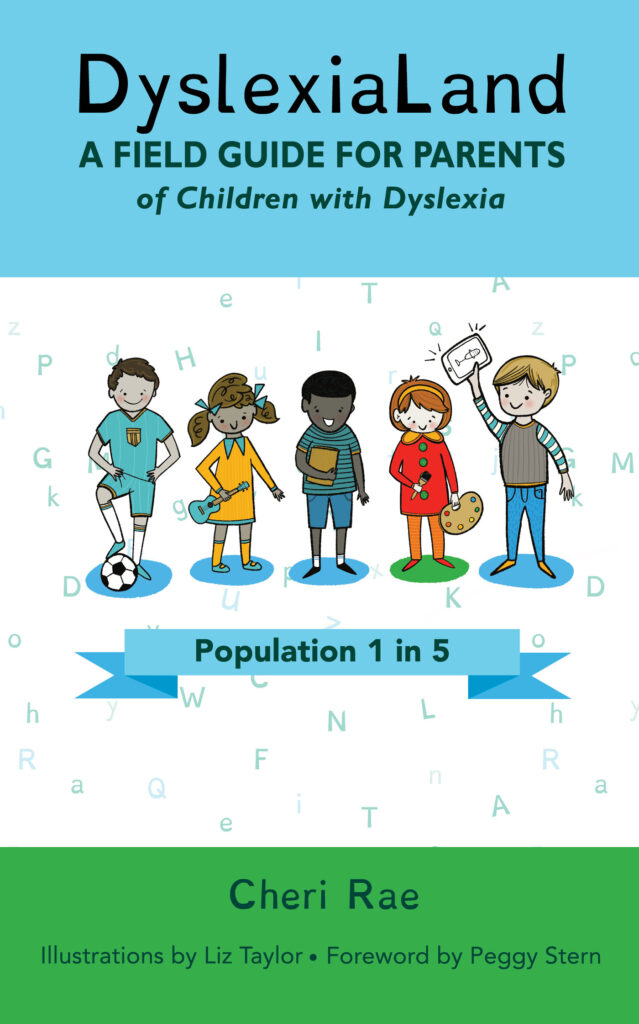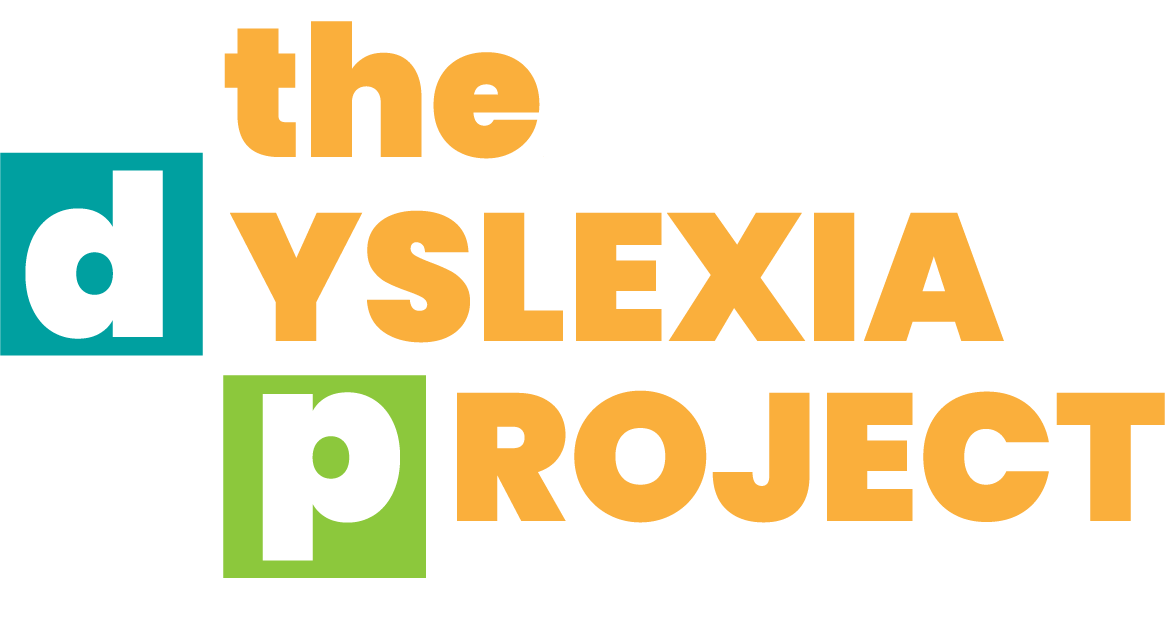The Art of Advocacy:
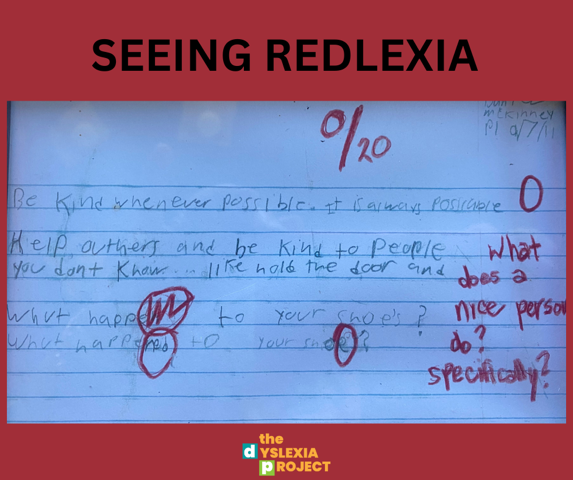
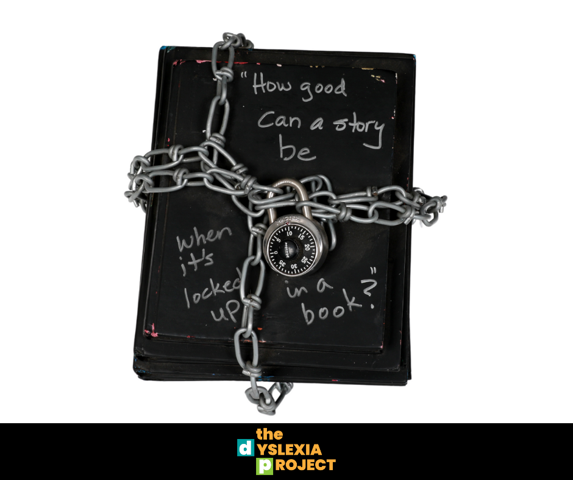


The Role of Mothers:
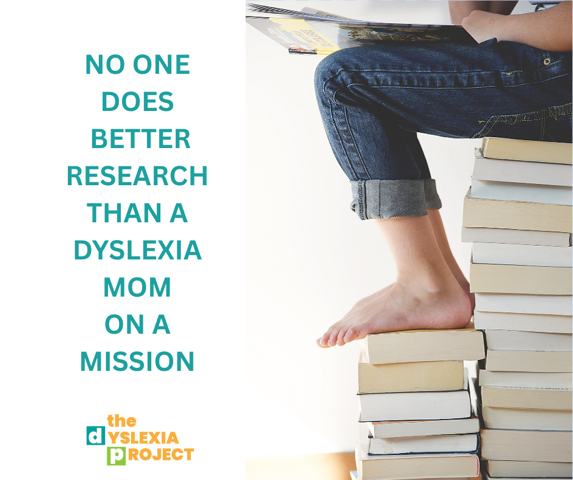
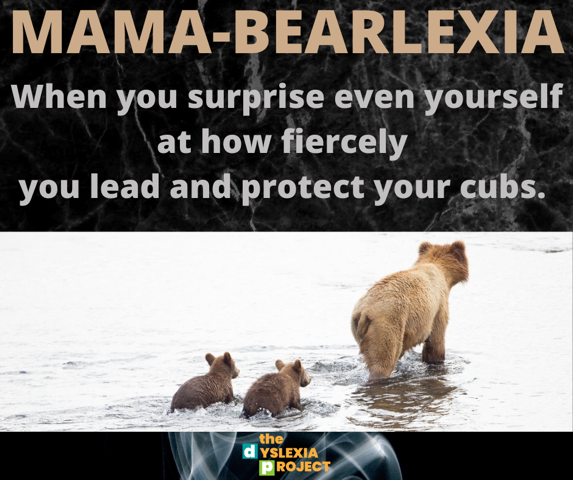
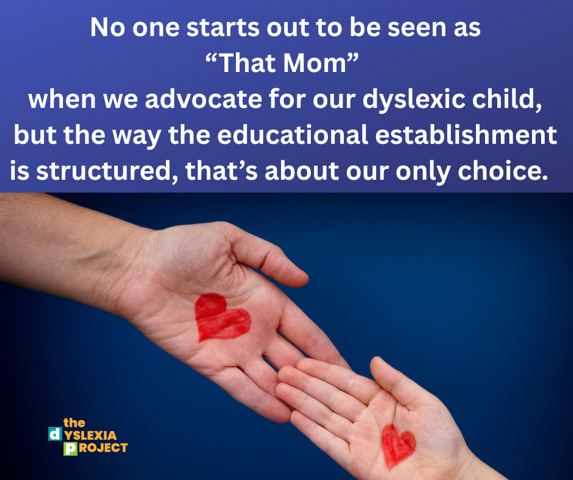
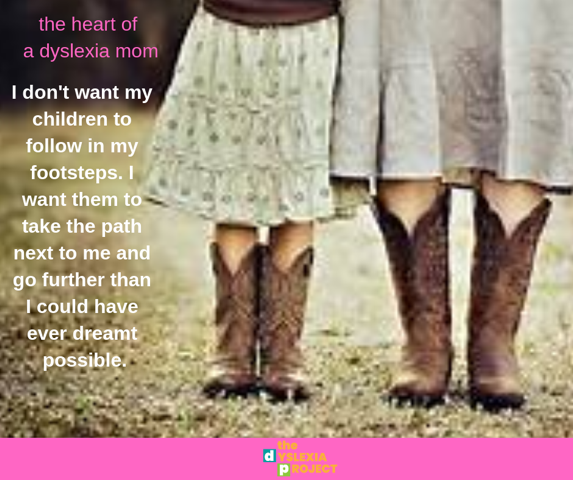
Coffee Talk:
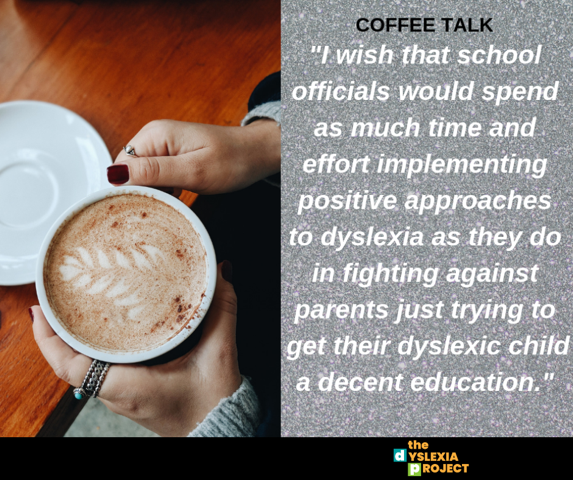
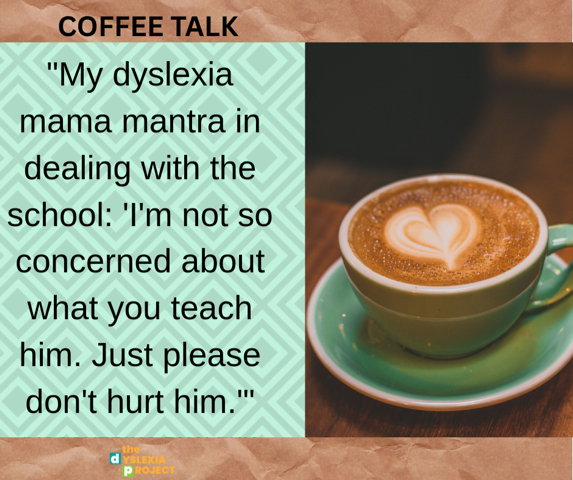
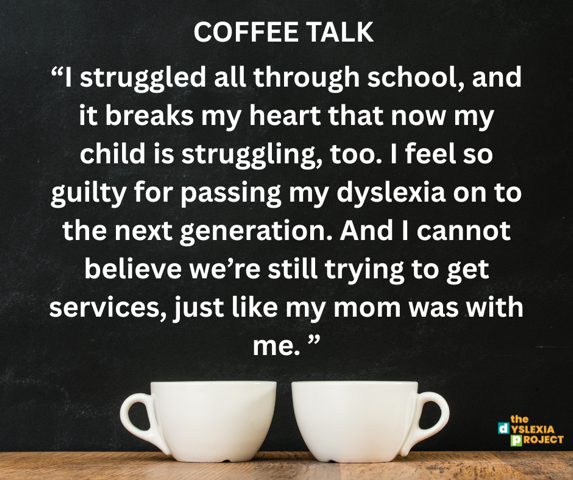
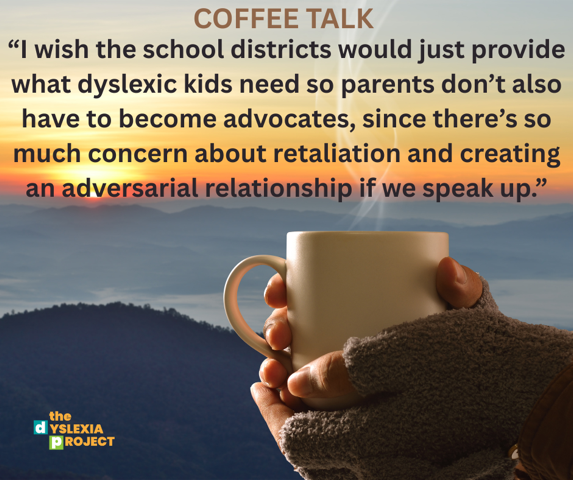
School Days:
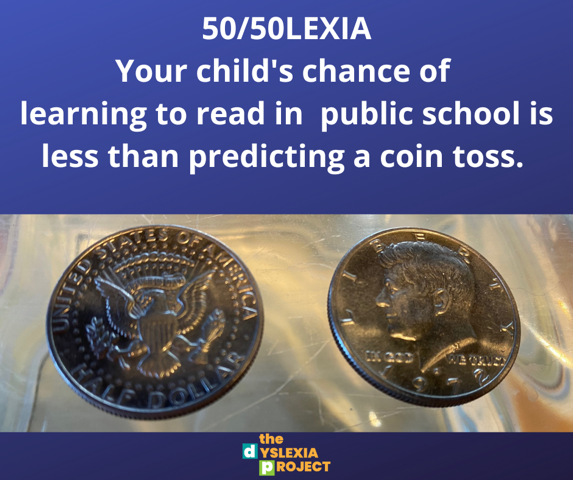
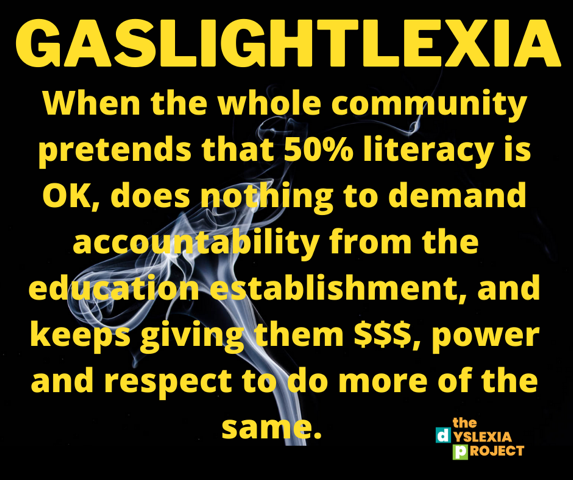
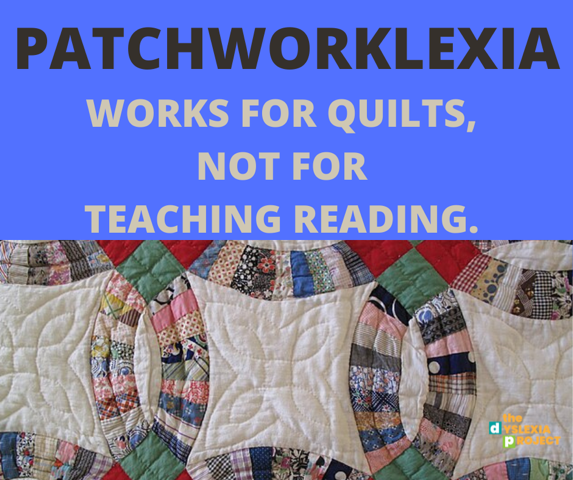
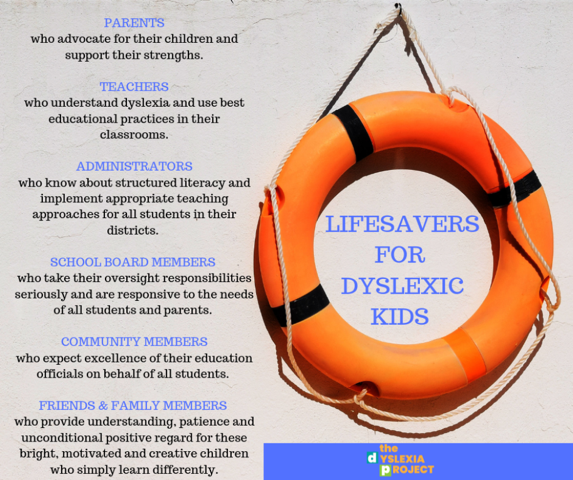
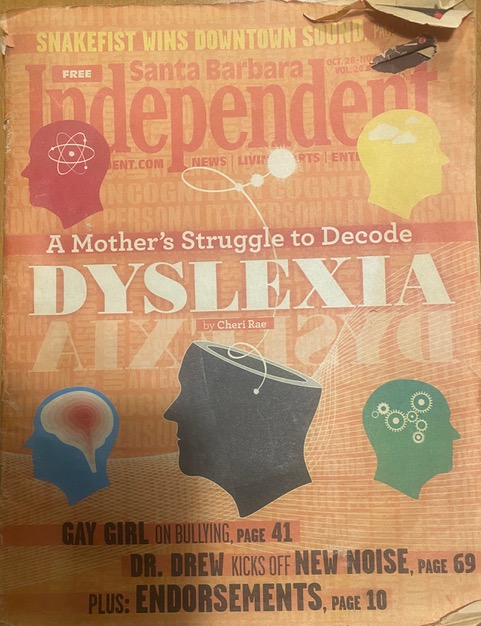
In the Beginning…
This is the first article I ever wrote about dyslexia—a sort of
“one mother’s journey” approach. It remains an honest account of the all-too-common initial struggle to recognize dyslexia in a child, and the continued difficulties in obtaining appropriate instruction in public school.
What I’ve learned since then is how extraordinarily lucky we were to make the case to the school district—that admitted they did not have a way to teach a dyslexic child—and to have a school board that was responsive enough to vote for him to receive outside expert instruction from Lindamood-Bell.
While I was grateful my son got the help he needed, I was very uncomfortable when I realized there were many other students with dyslexia who were not getting the same kind of specialized instruction.
That set me upon a path of becoming an advocate for other parents as well as a community member determined to make institutional change in the district. All those years ago, I believed that our public schoolteachers should be trained in the kind of professional, research- and evidence-based instructional approach that had made such a positive difference in my own son’s life.
The article was actually reprinted by the Lindamood-Bell corporation and distributed throughout its centers. I helped facilitate some teacher training and was recognized as a Local Hero, an annual honor bestowed on several community members by our weekly newspaper at Thanksgiving time.
Nearly two decades later, after some successes and more failures, we’re still at it: advocating, speaking out, supporting other parents, working with other community members. And regularly writing about dyslexia and literacy. We remain dedicated to making a difference and strive for creative, collaborative solutions to this issue of dyslexia denial and unnecessary struggle that transcends generations, to the detriment of all of us.
The Little Free Library Initiative
The founder of the Little Free Library program, Todd H. Bol, was dyslexic, and he built the first one as a tribute to his mother who loved to read. His hope was that making books available in these libraries would help children and adults learn to read.
We have had one of these on our property for many years, and been impressed with the community-building effect they have, with parents, children, students, all members of the neighborhood who enjoy the treasures they find within.

DyslexiaLand
A Field Guide for Parents of Children with Dyslexia
DyslexiaLand is an imaginary place, but a very real one for the 1 in 5 students with dyslexia. Especially in school, where these otherwise bright children struggle unnecessarily, and parents don’t understand why or how to help.
DyslexiaLand takes the guesswork out of dealing with dyslexia! Whether your child is beginning pre-K or in the middle of high school, there is help here for all dyslexic kids and their parents.
